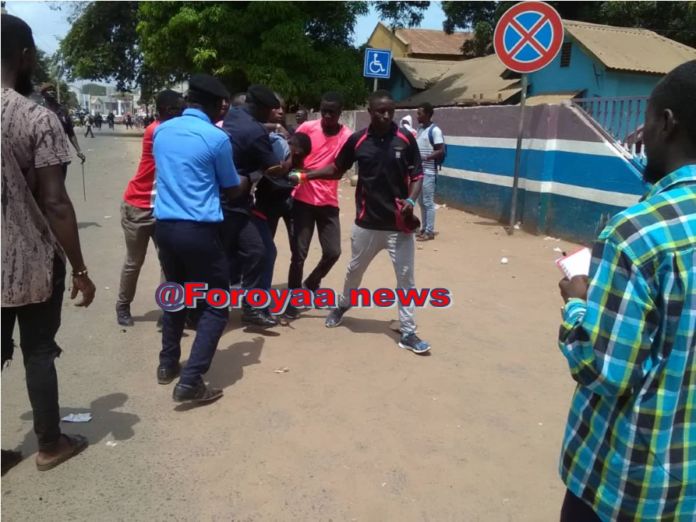In a normal situation the law enforcement officers have the upper hand to receive information, conduct investigation, effect arrest on the basis of evidence, prefer charges and take accused persons for prosecution. If all these processes are done without fear or favour, affection or ill will, in line with due process, the law would take its course for the common good.
On the other hand, when conflict occurs and civil disobedience becomes the order of the day, law and order breaks down and mob justice becomes the order of the day. Under such circumstances one cannot talk about fighting crime through arrests and prosecution. Instead one has the duty to conduct crisis management and resolution in order to go back to a normal state. This is what has been achieved during the past incidents of civil disobedience. Hence the state should go back to the drawing board, look at where it has gone wrong and others have gone wrong in order to educate itself and others on how to prevent civil disobedience.
It is therefore hoped that the state will develop expertise in criminology and start to develop a template on how to handle crises as well as to build peace after a crisis.



















